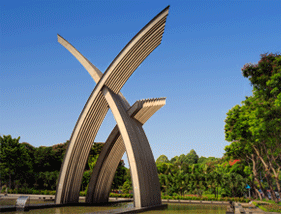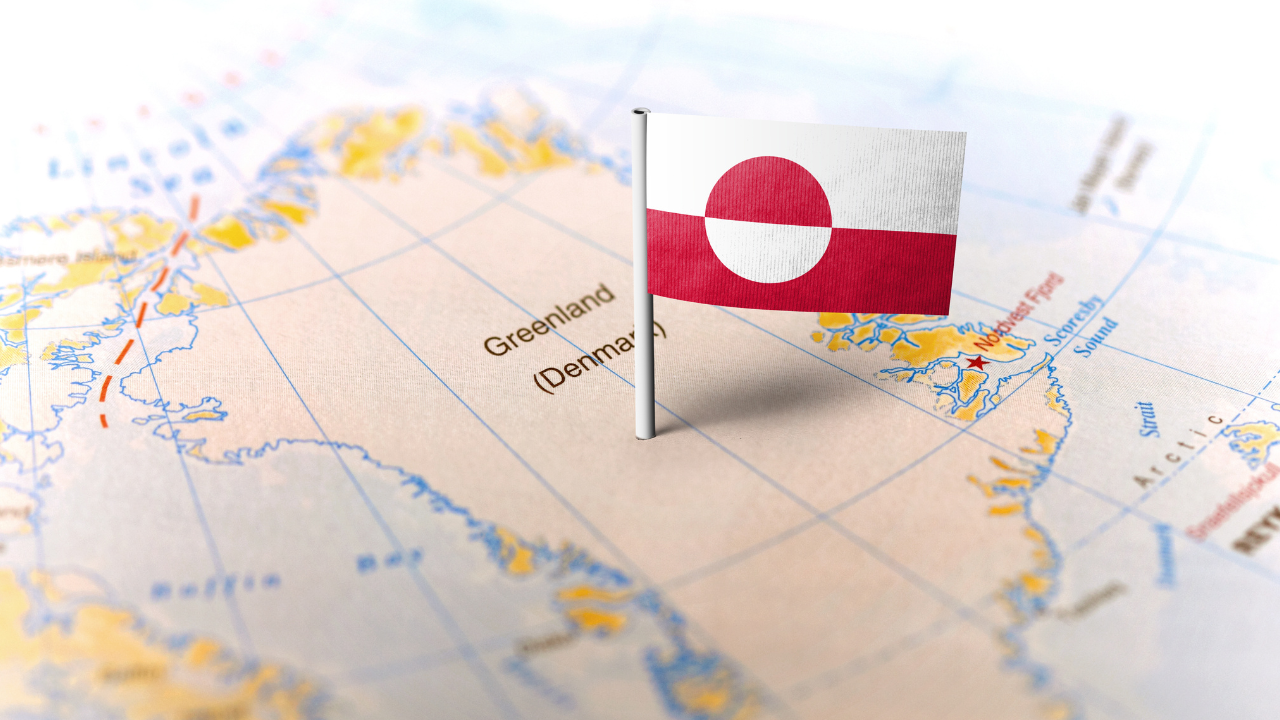At the end of June, Vietnam “graduated” from the International Development Association (IDA), the World Bank’s fund for low income countries1. Graduating with Vietnam were Bolivia and Sri Lanka. However, having graduated, on an exceptional basis, each will receive transitional support through IDA 18 period (FY18-20)2. As Vietnam “transitions further into middle income country status,”3 this assistance from the bank will be provided under a new Country Partnership Framework (CFP).
However, as the country develops further, its financing needs, too, are growing. Since, according to the World Bank, official financing will not be enough to meet these needs,4 Vietnam will have to tap the capital markets. And pay to do so.
Success, it seems, also comes with its costs!
Source: Bloomberg
Get the latest news & insights from MarketVector
Get the newsletterRelated:




